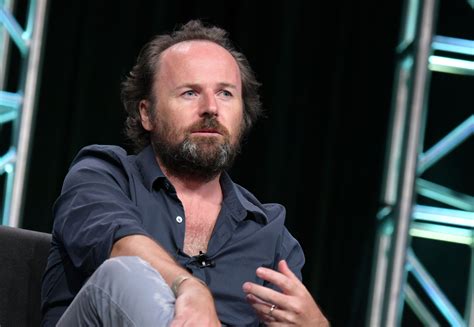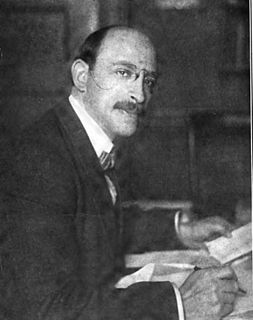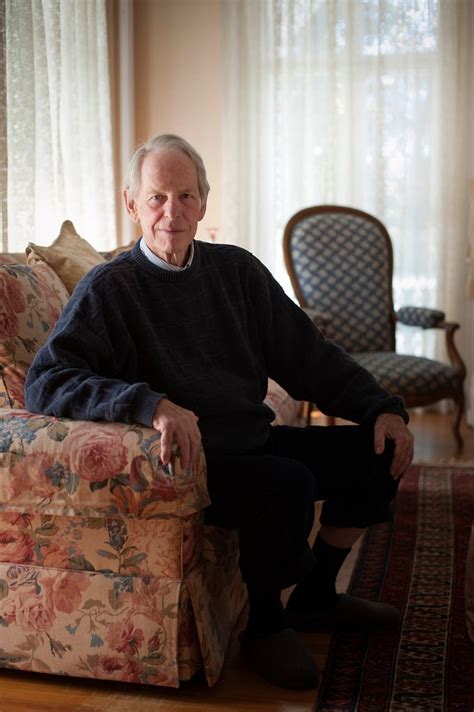A Quote by Riane Eisler
We can learn a great deal from whales. It is the same lesson we can learn from our close genetic relatives, the bonobo apes of the Congo. Here mothers have a great deal of authority, there is very little violence (with no signs of sexual violence against females), and their society is held together by sharing and caring rather than by fear and force.
Related Quotes
Those who have experienced a great deal of violence or committed a great deal of violence themselves, those who are existing in their own world of sadness and malevolence, essentially those are the ones that are most prone to possession. You don't just walk down the street and suddenly you get possessed. It creeps up on you.
Just as one must learn the art of killing in the training for violence, so one must learn the art of dying in the training for non-violence. Violence does not mean the emancipation from fear, but discovering the means of combating the cause of fear. Nonviolence, on the other hand, has no cause for fear. The votary of nonviolence has to cultivate the capacity for sacrifice of the highest type in order to be free from fear. He recks not if he should lose his land, his wealth, his life.
I must remind you that starving a child is violence. Suppressing a culture is violence. Neglecting school children is violence. Punishing a mother and her family is violence. Discrimination against a working man is violence. Ghetto housing is violence. Ignoring medical need is violence. Contempt for poverty is violence.
Violence is not merely killing another. It is violence when we use a sharp word, when we make a gesture to brush away a person, when we obey because there is fear. So violence isn't merely organized butchery in the name of God, in the name of society or country. Violence is much more subtle, much deeper, and we are inquiring into the very depths of violence.
Through TV and moving pictures a child may see more violence in thirty minutes than the average adult experiences in a lifetime. What children see on the screen is violence as an almost casual commonplace of daily living. Violence becomes the fundamental principle of society, the natural law of humanity. Killing is as common as taking a walk, a gun more natural than an umbrella. Children learn to take pride in force and to feel ashamed of ordinary sympathy. They are encouraged to forget that people have feelings.






































